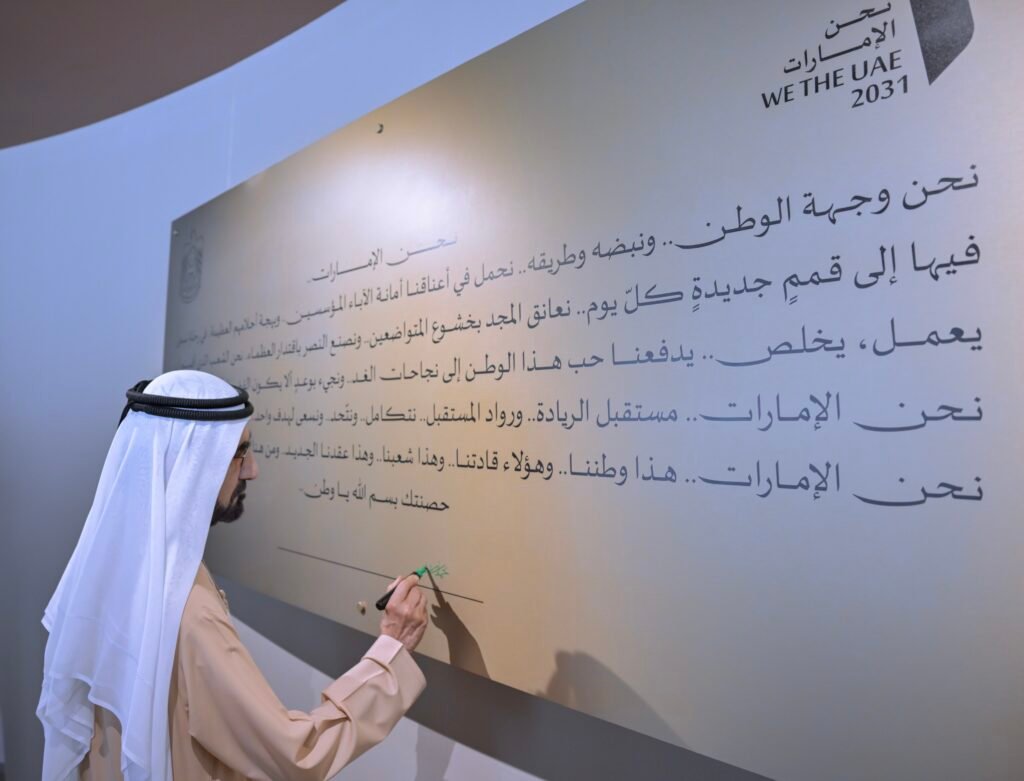Morocco Joins UAE, Jordan, Egypt, and Bahrain in Integrated Industrial Partnership for Sustainable Economic Development
Manama, Bahrain: The fourth meeting of the Higher Committee of the Industrial Partnership for Sustainable Economic Development commenced today in Manama, Bahrain, in the presence of His Excellency Shaikh Khalid bin Abdulla Al Khalifa, Deputy Prime Minister of the Kingdom of Bahrain. During the session, the Kingdom of Morocco officially joined the partnership, becoming the fifth country to participate in this initiative aimed at fostering regional industrial integration. Key officials attending the meeting included His Excellency Abdullah bin Adel Fakhro, Bahrain’s Minister of Industry and Commerce; His Excellency Dr. Sultan bin Ahmed Al Jaber, the UAE’s Minister of Industry and Advanced Technology; His Excellency Engineer Ahmed Samir Saleh, Egypt’s Minister of Industry and Trade; His Excellency Yousef Al Shamali, Jordan’s Minister of Industry, Trade and Supply; and His Excellency Riyad Mazour, Morocco’s Minister of Industry and Trade. The Executive Committee of the Industrial Partnership for Sustainable Economic Development held discussions with industry and trade undersecretaries from the participating countries on January 10, 2024, to review the progress of ongoing projects and consider new proposals. Since its launch in Abu Dhabi in May 2022, the industrial partnership has garnered strong support from member countries. His Highness Sheikh Mohamed bin Zayed Al Nahyan, President of the UAE, commended the partnership as a framework for regional cooperation and integration, promoting sustainable development, strengthening crisis resilience, and enhancing self-sufficiency in critical areas like food, health, energy, and industry. $2.2 Billion Worth of Partnerships and Projects Several agreements and memoranda of understanding (MoUs) were signed during the meeting, underscoring the collaborative efforts between member countries: His Excellency Abdullah bin Adel Fakhro, Bahrain’s Minister of Industry and Commerce, emphasized the government’s commitment to the industrial sector’s development, highlighting the role of the event in achieving industrial integration among member countries in alignment with Bahrain’s Industrial Sector Strategy 2022-26. In his opening remarks, His Excellency Dr. Al Jaber conveyed greetings from His Highness Sheikh Mohamed bin Zayed Al Nahyan, President of the UAE, and underscored the significance of the partnership’s success. He welcomed Morocco to the partnership and highlighted its leading industrial and economic status. The partnership aims to strengthen cooperation, integrate industries, reduce production costs, support research and development, and create jobs in the industrial sector. His Excellency Dr. Al Jaber emphasized the importance of collective efforts in supporting global climate action, including decarbonizing the industrial sector and adopting sustainable manufacturing practices. His Excellency Yousef Al Shamali, Jordan’s Minister of Industry, Trade and Supply, stressed the partnership’s importance in accelerating sustainable economic development in the region. Morocco’s Minister of Industry and Trade, His Excellency Riyad Mazour, stated that joining the partnership aligns with Morocco’s vision for greater economic development, offering opportunities for growth and employment. Morocco’s Membership Morocco’s inclusion in the partnership is expected to bring significant value, given its advanced industrial capabilities in sectors such as automotive, renewable energy, aviation, textiles, pharmaceuticals, phosphates, mining, and food industries. Morocco’s GDP exceeded $134 billion in 2022, and its industrial sector provides over 1 million jobs through approximately 121,000 companies. The country has implemented strategic agreements and has a robust industrial policy focused on increasing its GDP contribution to 23% by 2030, creating over 500,000 new job opportunities, and investing in renewable energy projects. About the Ministry of Industry and Advanced Technology: The Ministry of Industry and Advanced Technology (MoIAT) was established in July 2020 to boost the industrial sector’s contribution to the UAE’s GDP and drive sustainable industrial development. MoIAT is responsible for formulating policies, laws, and programs to attract foreign direct investment, enhance national added value, support entrepreneurship, create jobs, attract talents, promote exports, and raise the competitiveness of products manufactured in the UAE. The ministry works towards strengthening the national industrial ecosystem, facilitating the establishment of industrial zones, and promoting the adoption of advanced technologies.



